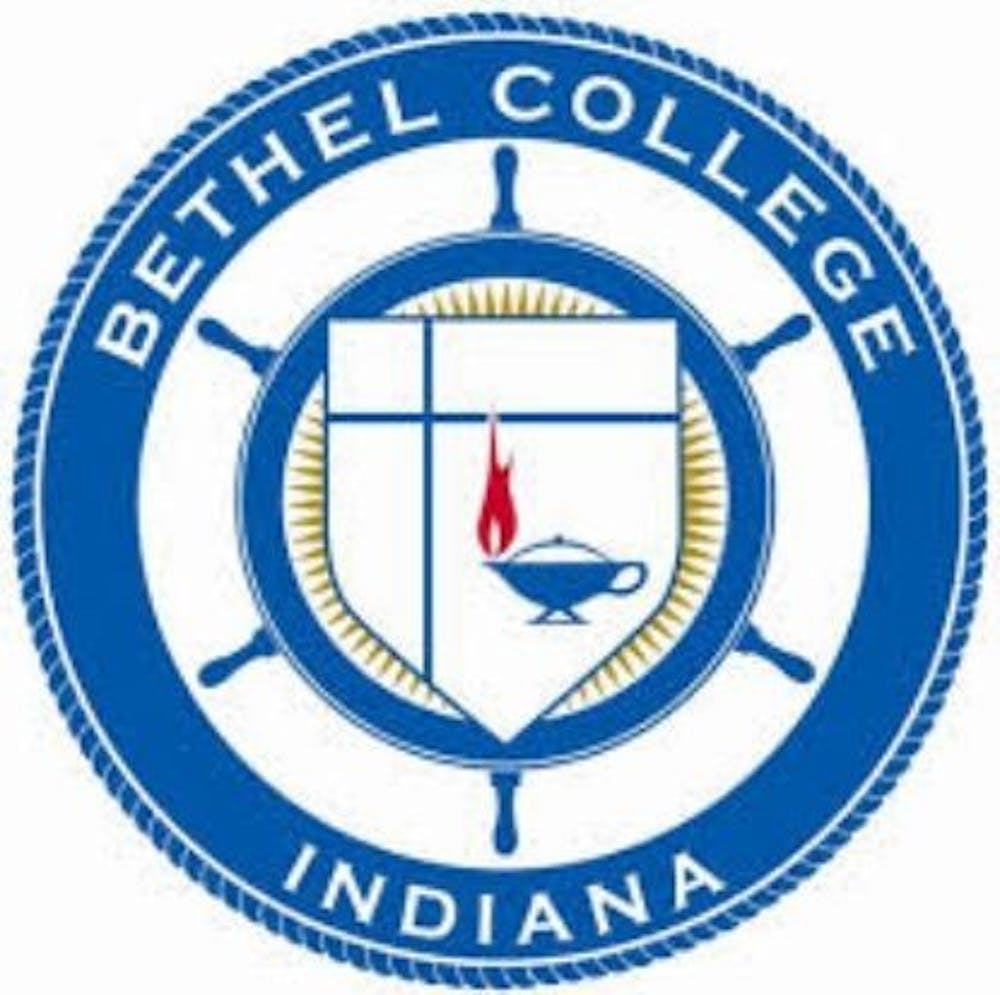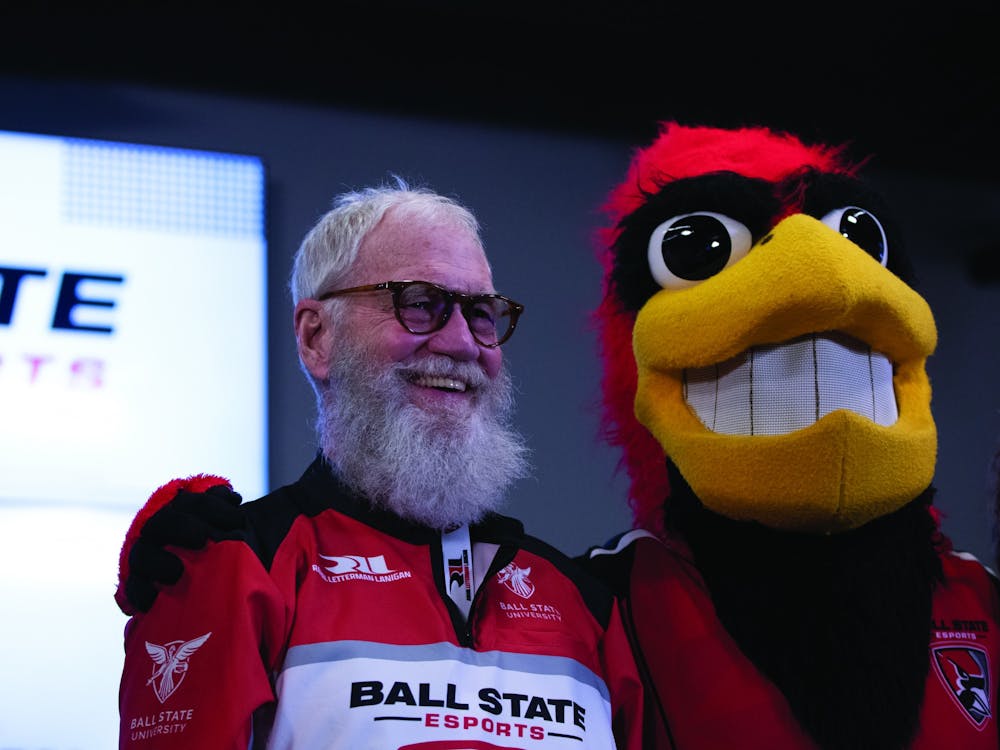In the U.S., 56 universities and colleges — including one in Indiana — are allowed to opt out of the Title IX nondiscrimination mandate due to an exemption from the law.
Bethel College's request for a Title IX exemption was approved in July by the U.S. Department of Education on the grounds of religious belief, and it allows the school to deny accommodations for transgender individuals, prohibit same-sex dating between students and not allow transgender students on athletic teams that are not of their assigned gender at birth.
News of the exemption request came to light from a report by the Human Rights Campaign in late 2015 called, “Hidden Discrimination: Title IX Religious Exemptions Putting LGBT Students At Risk.”
Bethel College did not respond for comment.
The law permits religious institutions to file for an exemption for matters where compliance is in conflict with religious doctrine, according to the Title IX blog. And now that the DOE is increasingly applying Title IX to avoid discrimination of LGBT individuals, religious institutions have been using the exemption more often.
Mike Gillilan, Ball State's director of student rights and community standards, said the Title IX waiver discussion has been coming for some time.
This is a new facet of a civil era, he said, referencing RFRA and the Hobby Lobby contraception controversy.
“As a state institute we can’t take advantage of the waiver, and I can’t imagine that we’d want to," Gillilan said. "If a student can’t go to X-Y-Z school, there’s always us."
Ball State aims to be inclusive, he said.
“If Bethel wants to do this, well fine. They can come to Ball State instead," he said. "Why would someone want to go to a school that wouldn’t accept them, anyway?"
But Gillilan said the real issue isn’t Bethel College’s beliefs, it’s the fact that Bethel College is legally allowed to discriminate against a class of people while accepting federal funding, he said. The Title IX exemption allows these religious-affiliated schools to operate within their beliefs while also receiving funding.
Spectrum Treasurer Kevin Wells, a junior actuarial science major, said he thinks the exemption poses a tricky situation.
“Sometimes people have strong religious beliefs, so it’s hard to figure out when those beliefs are okay and when they’re not," Wells said. "Everyone has the right to follow a religion of their choice if that’s their belief – as long as that person’s beliefs doesn’t infringe on someone’s rights."
Because Wells currently identifies as panromantic and demisexual, a Title IX waiver would affect his life.
Wells said an argument he hears often is if a school disapproves of a student’s life, a student should go somewhere else, but he said it’s important to remember that not all students have several options for schools.
Wells, who was raised Catholic and still identifies as Catholic and attends Mass regularly, said he wants to challenge the discomfort people experience regarding others’ lifestyles.
“If someone who is Christian is uncomfortable with [gay people], they should ask themselves why they feel uncomfortable,” Wells said, “I have tried Christian florists and bakers that refused a second wedding or a wedding of a different faith because that would be a contradiction. But if someone is queer, they’re uncomfortable. Why?”





